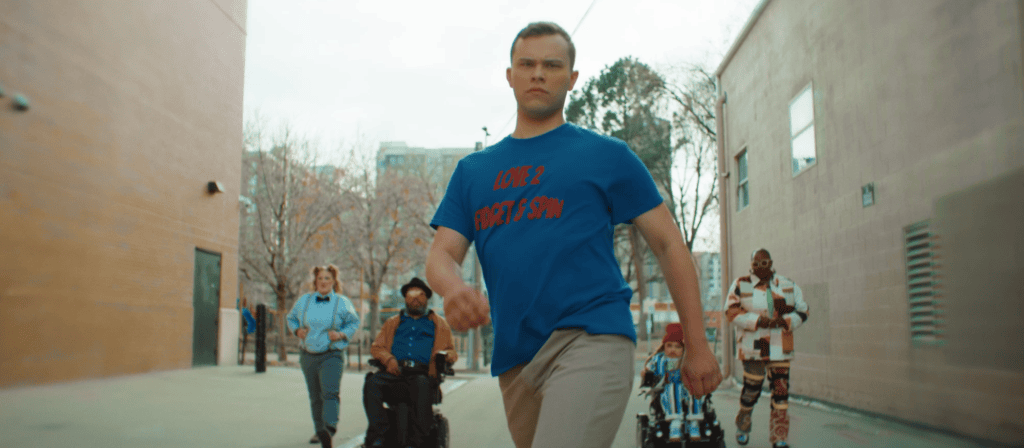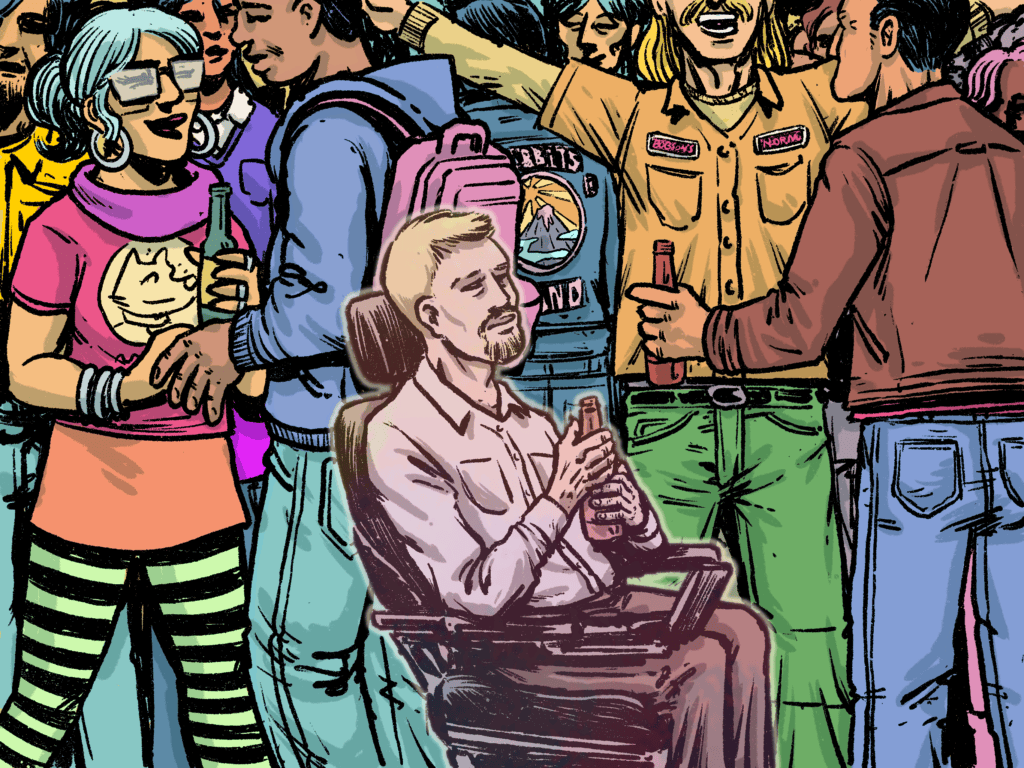All-Terrain Power Wheelchair Adventures
Source: Disability Horizons / All Terrain Wheelchairs / 01/02/2023
All Terrain Wheelchairs is a company that equips disabled people with high-quality, versatile wheelchairs that allow them greater and safer access to outdoor adventures.
To continue reading this article, please click here > > > >

As the first rays of dawn illuminate the inside of my tent, the chirping of birds complements the wind whispering through the forest. The air smells of the ocean and redwood trees. I’ve only been here since yesterday afternoon, but I already feel mentally refreshed, unplugged from the daily grind. This moment reminds me why I love camping.

In 2018, we published a collection of essays from wheelchair-using parents, all at slightly different stages of their parenting journeys. Now, Parenting from a Wheelchair is back. Six years later, the same cast is adapting to new challenges. Scroll down to see each of the new essays, followed by the originals. Sections are organized by the same logic as playing a board game with your child: youngest first.

Wicked is one of the most beloved musicals of our time, but many disabled actors have been bothered by the fact that they have been left out of the casting for a wheelchair-using character. While Nessarose uses a wheelchair in the Tony-Award-winning musical, eventually she can walk when her sister Elphaba casts a spell on her shoes. Now, in the major motion picture adaptation of Wicked premiering this Friday, Marissa Bode becomes the first wheelchair user to play Nessarose.

If you’re tired of the never-ending search for streaming content that feels fresh and relevant, award-winning actor and New Mobility contributor Regan Linton hopes you will tune in to her modern update of Jack and the Beanstalk, now streaming on Max. The 19-minute film, directed and co-written by Linton, is one of six shorts that make up Reframed: Next Gen Narratives, a new series from Warner Bros. Discovery Access that tackles modern issues through remakes of classic films.

Surround me with friends in a casual setting and I’ll enjoy myself and my company, with laughter and gab washing over us in a bright, babbling feedback loop. But transplant the same crew to a big, buzzing room for a show or event, where spirits are flowing and the living is large, and I turn into the invisible man. Energy is up, excitement is up, and the party’s blowing the roof off the place, but I’m down here — at butt-level — in my power wheelchair. You can’t hear me, and I can’t hear you.

Known as “The Most Magical Place on Earth,” the Walt Disney World Resort is also one of the most accessible and welcoming places on Earth. Not only does Disney World feature numerous accommodations for guests regarding showtimes, rides, attractions, and dining experiences, but the resort also employs a robust Disability service known as DAS.

More than 16,000 people with intellectual and developmental disabilities, or IDD, are housed in institutions in the U.S., reports the Residential Information Systems Project. While that's significantly lower than nearly 200,000 people in the 1960s, there is more work to be done, says disability rights activist Rebecca Cokley.

In light of recent changes in disability legislation and policy, states like Arizona and Virginia have taken significant steps to foster inclusive hiring initiatives. By eliminating the four-year degree requirement for most state jobs, they're opening doors for a broader range of applicants, which enhances workforce diversity. This move addresses the needs of historically underemployed groups, including people with disabilities, by reducing unnecessary barriers to employment.

The Americans with Disabilities Act guarantees equal protection for people with a wide range of disabilities. But advocates say many challenges remain 34 years after it became the law of the land. Modeled after the 1964 Civil Rights Act, the ADA provides equal access to government services, schools, buildings, private employers and commercial facilities. But some disability rights activists say the law doesn't go far enough to protect those living with disabilities.
